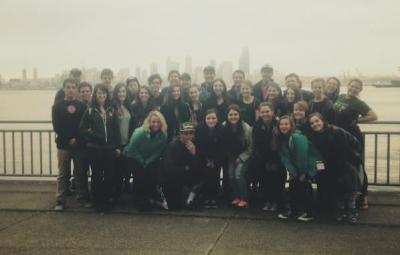Ander Egiluz Beramendi, USA. A group of 35 people travelled from Boise to Seattle, on Memorial Day Weekend, to represent the Basque culture at the Northwest Folklife Festival. Among the Oinkari dancers and instructors, was Lael Uberuaga, who has been a member of the group since 2001, when she was just 14. Before, she had danced with the junior group Boise’ko Gazteak. A whole life as part of this cultural institution. In fact, besides having held, off and on, the PR position, she has also worked as Oinkari's president.
How was the trip to Seattle?
-It was fantastic! It was a great experience for Oinkari, because many dancers hadn’t been before to a whole lot of festivals that are not Basque. It’s been really cool to expose them to a folk festival. That was the best part of it, because Basque is just one part of the folk tradition.
Is it a different feeling when you participate at a folk festival like this and when you do it at a Basque event?
-It is, a little bit. We didn’t know a lot of people and there were so many cultures that were new for us. That was something special, especially for younger members. It’s good for them to see other peoples trying to preserve their cultures, it’s cool for them to see that the Basques are not the only ones doing that. When I went (to the Northwest Folklife Festival) for the first time, ten years ago, that was amazing for me−I didn’t know there were other cultures so much into preservation.
The ‘Northwest’ is a huge festival, yet free to the public. Is that a good thing for folk groups?
-Yes, the festival is even bigger than Jaialdi, with a lot of people attending all the time and that is, in part, because it’s for free. I would say people involved in folk activities do it for fun and cultural 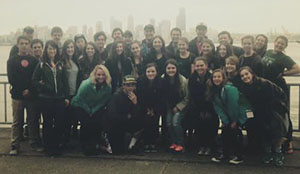 preservation, not for money. In Boise, we sometimes charge (for attending the performances), but that’s just to be able to operate. It’s hard to have people interested in folk events so, if they had to pay, it would’ve been even more complicated.
preservation, not for money. In Boise, we sometimes charge (for attending the performances), but that’s just to be able to operate. It’s hard to have people interested in folk events so, if they had to pay, it would’ve been even more complicated.
The word ‘folk’ has a very different meaning, depending on who uses it. What does folk mean to you?
-To me, folk means the cultural heritage of your people. Folk is the part of the culture that used to be the daily life many years ago and that, even though it’s not like that anymore, it still lasts. It might also be related to non-professional activities, it’s like the traditions of everyone, so to speak. And I think people in the US can have more than one folk culture−we obviously have the Basque part, but there is also a very rich tradition in America.
Would you say that the fact that it was the Oinkaris, a group from the diaspora, which represented the Basque Country in this international festival, is worth highlighting?
-I would. I think it’s very important for the diaspora to be able to do this type of things, it’s a great deal, and it should happen more often.
Besides performing, you also gave a workshop. How was that? What did you do?
-Teresa (Franzoia) and I taught some easy festival dances, that anybody could learn: Zazpi Jauzi, Borobila, Txapelua, and Bolant Dantza. It was in a large open area and people got in a circle and we were showing them the steps. It was great, they learned so fast!
Did you make contacts with other groups?
-Yes we did, in an informal way, but we did make contacts with dancers from a Morris Dancing group, from Canada and they were really excited about us. We were talking about Newfoundland, they  said we should go to dance there. It would definitely be great for us to make contacts with the Basques from that area. And as for the Morris dancers, we didn’t make any plans but anything can happen!
said we should go to dance there. It would definitely be great for us to make contacts with the Basques from that area. And as for the Morris dancers, we didn’t make any plans but anything can happen!
As you say, the experience at the festival was great, but the welcome by The Crab Pot restaurant was just as great!
-(She laughs) We called ahead of time to make a reservation but we didn’t expect at all to have our own personalized menu. We were so excited! I think somebody took one, as a souvenir.
Did you have time to visit with the local Basques of Euskal Etxea of Seattle?
-We did not. Last time we went we did, but not this year it couldn´t be. We had some free time, though, and we visited the Space needle, the EMP museum and other places.
Now, back in Boise, the group will have to get ready for Jaialdi. Are you planning to do anything special?
-We only have a m onth and a half so we’re a little bit nervous. We have a couple more performances before Jaialdi, so that will help. I know that the women will be performing Bateleren, the dance with oars, but I cannot tell you yet if there will be any other new dances.




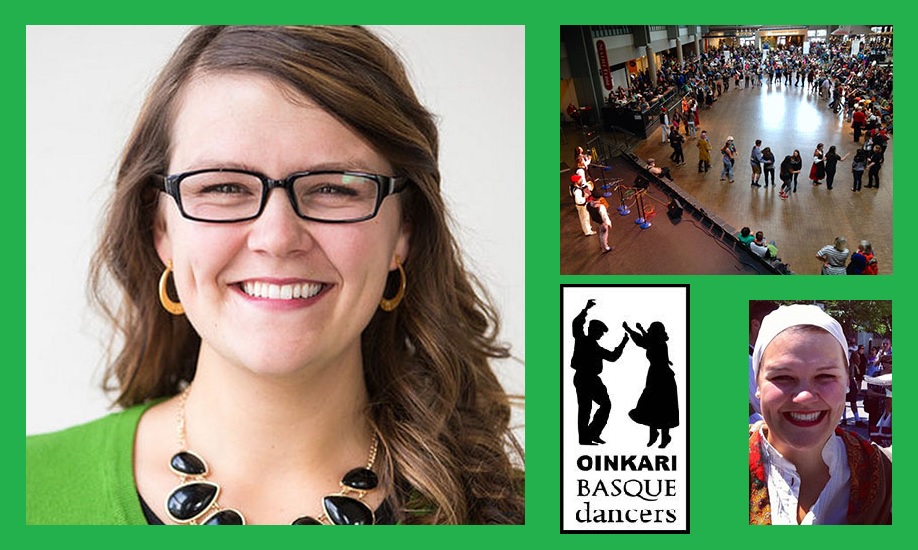

 preservation, not for money. In Boise, we sometimes charge (for attending the performances), but that’s just to be able to operate. It’s hard to have people interested in folk events so, if they had to pay, it would’ve been even more complicated.
preservation, not for money. In Boise, we sometimes charge (for attending the performances), but that’s just to be able to operate. It’s hard to have people interested in folk events so, if they had to pay, it would’ve been even more complicated. said we should go to dance there. It would definitely be great for us to make contacts with the Basques from that area. And as for the Morris dancers, we didn’t make any plans but anything can happen!
said we should go to dance there. It would definitely be great for us to make contacts with the Basques from that area. And as for the Morris dancers, we didn’t make any plans but anything can happen!

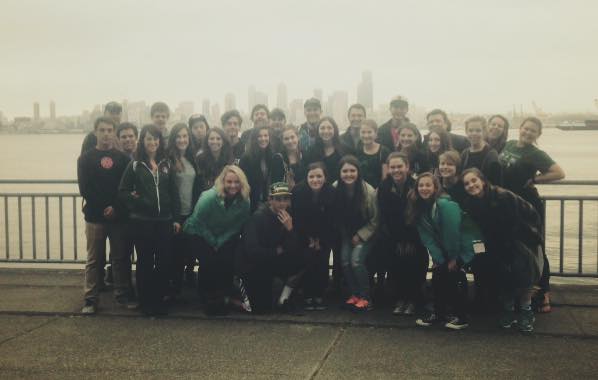
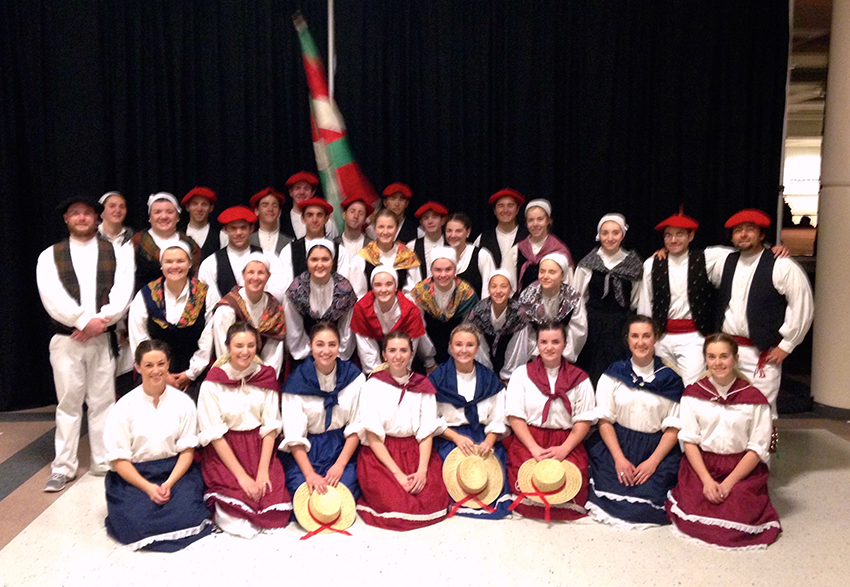
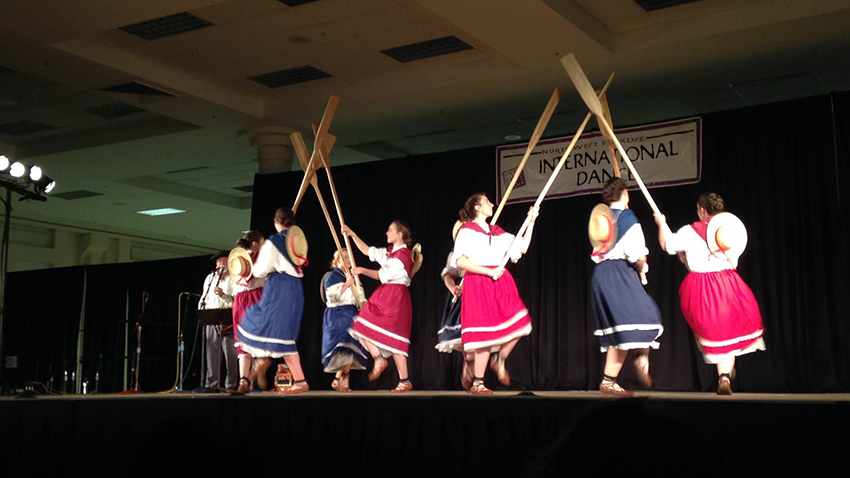
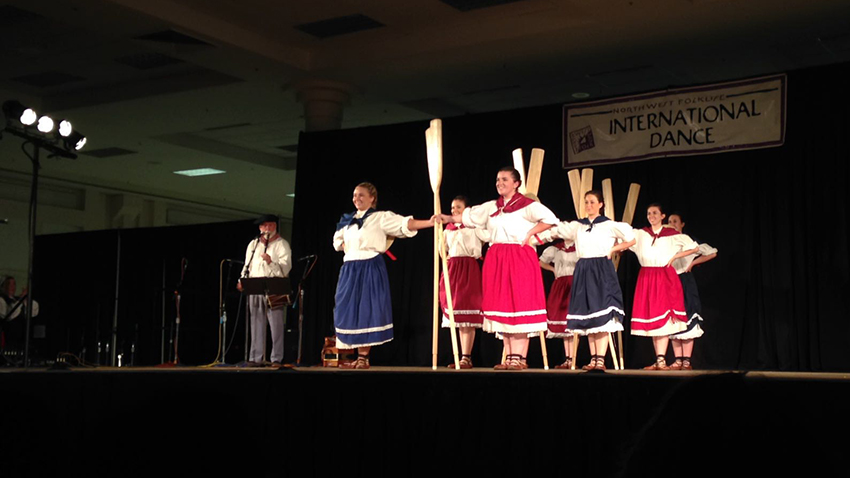
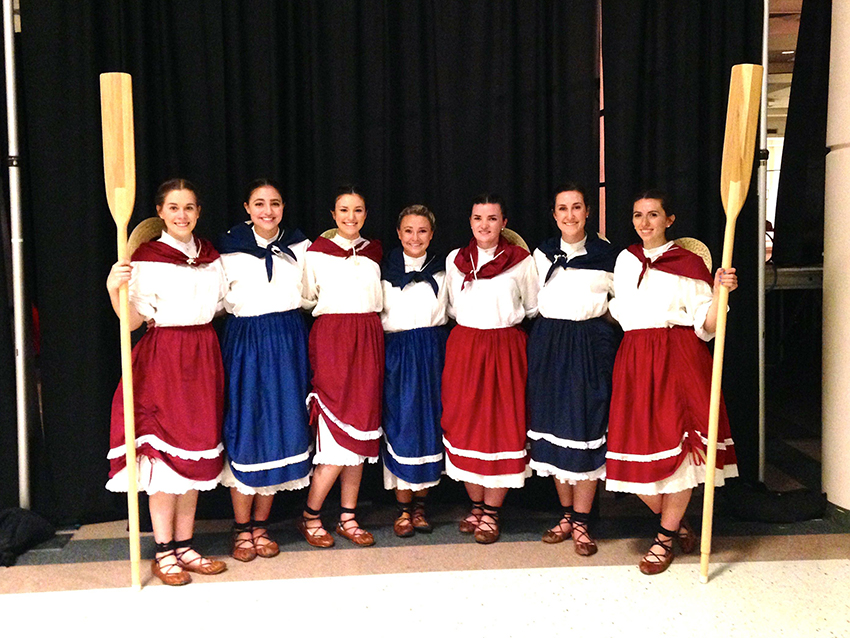
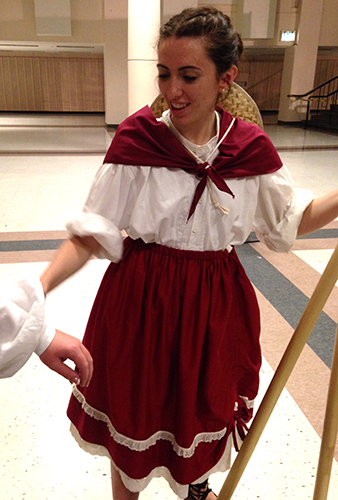


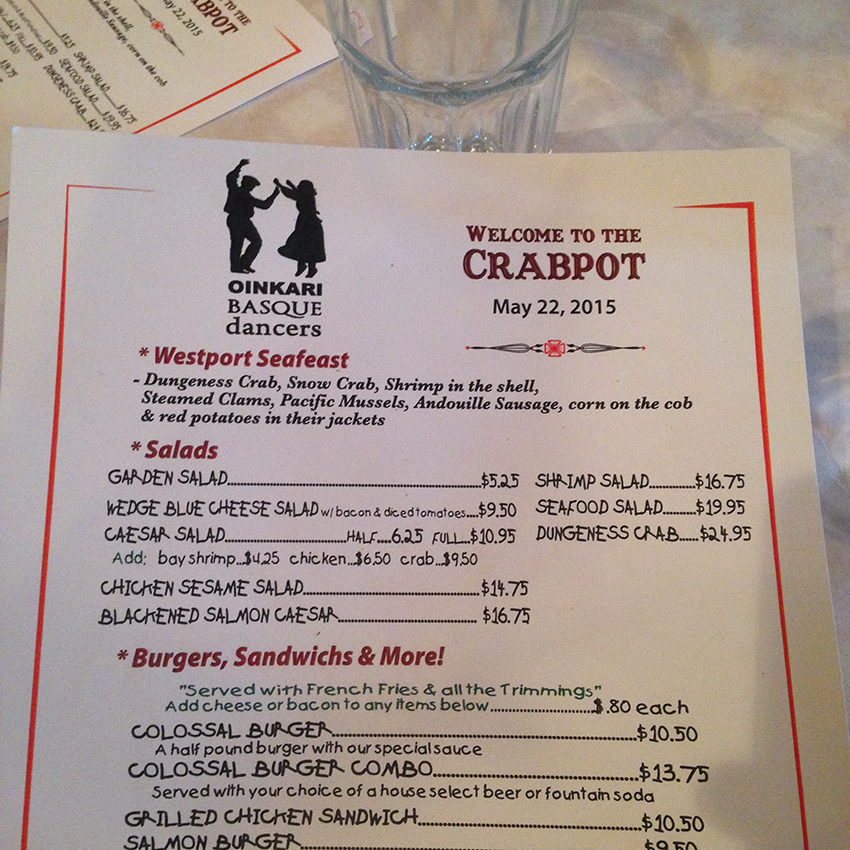
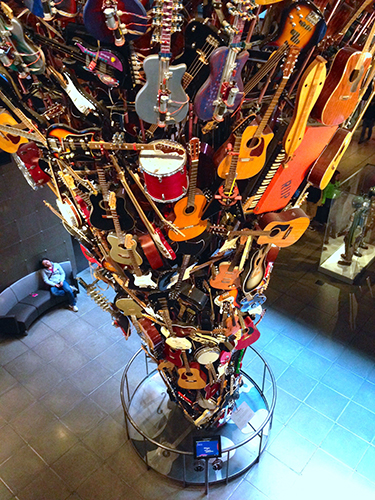
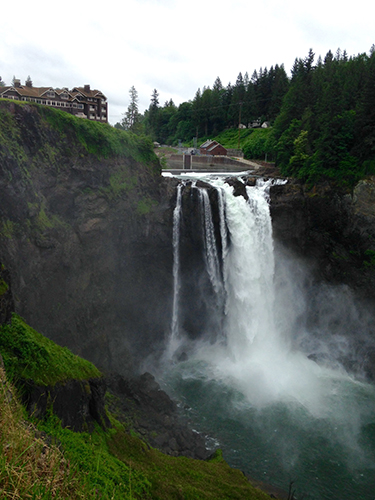
 Send to a friend
Send to a friend Add comment
Add comment

